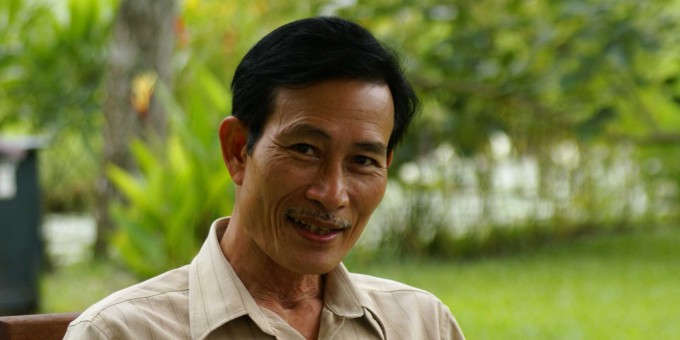Advocacy & Aid: Writers in Peril
Current Cases
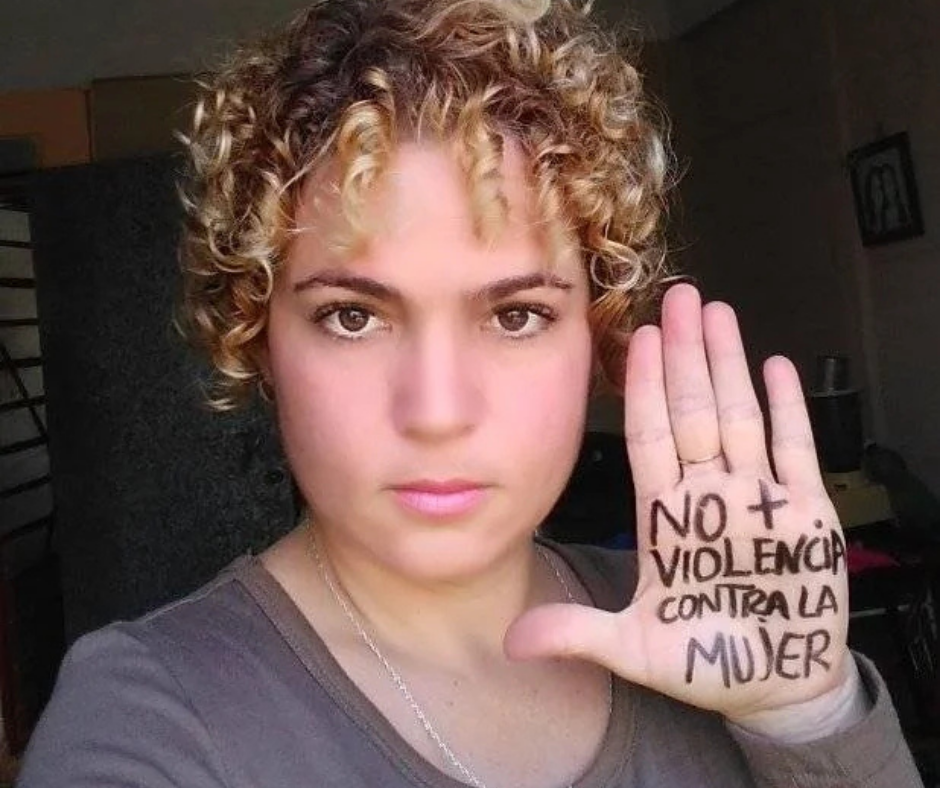
María Cristina Garrido Rodríguez
Cuba
Status: imprisoned
A poet and activist. Rodríguez is held in poor conditions in detention, including solitary confinement, lack of food and water, and inadequate sanitation.
Learn More
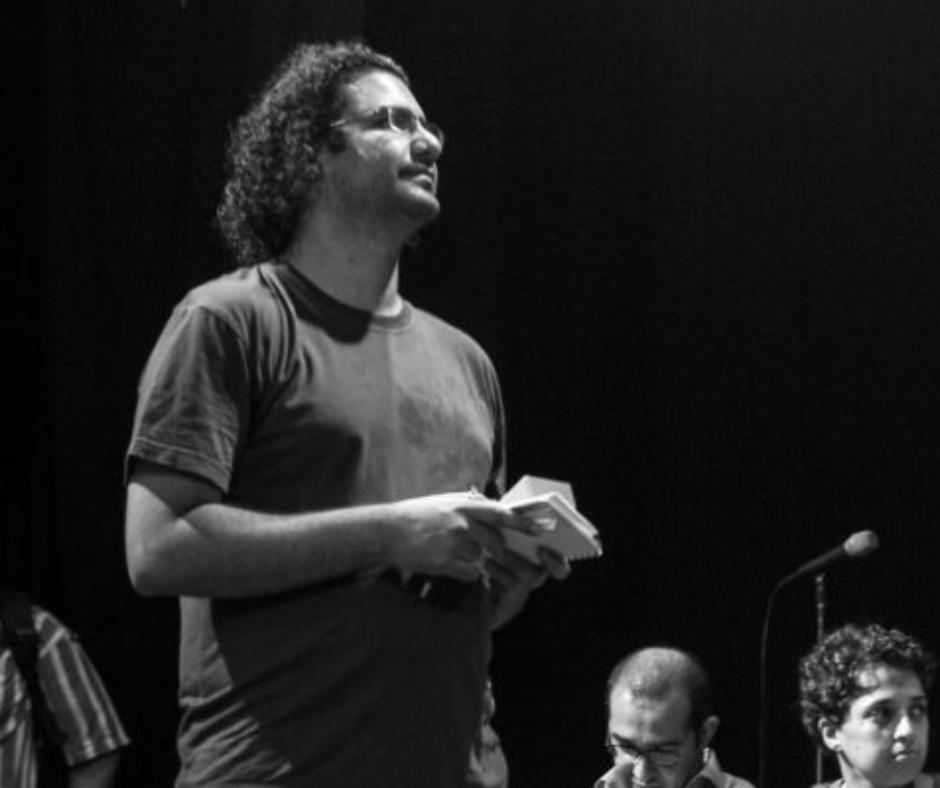
Alaa Abd el-Fattah
Egypt
Status: imprisoned
A software developer, blogger and pro-democracy activist. El-Fattah has been arrested and detained multiple times for his activism, and was ultimately sentenced, in absentia, to 15 years in jail for violating Egypt’s Protest Law.
Learn More

Jimmy Lai
Hong Kong
Status: imprisoned
A human rights activist, writer, and newspaper publisher and owner of the now-defunct Apple Daily newspaper. Lai has faced charges under both the National Security Law and a colonial-era sedition law.
Learn More
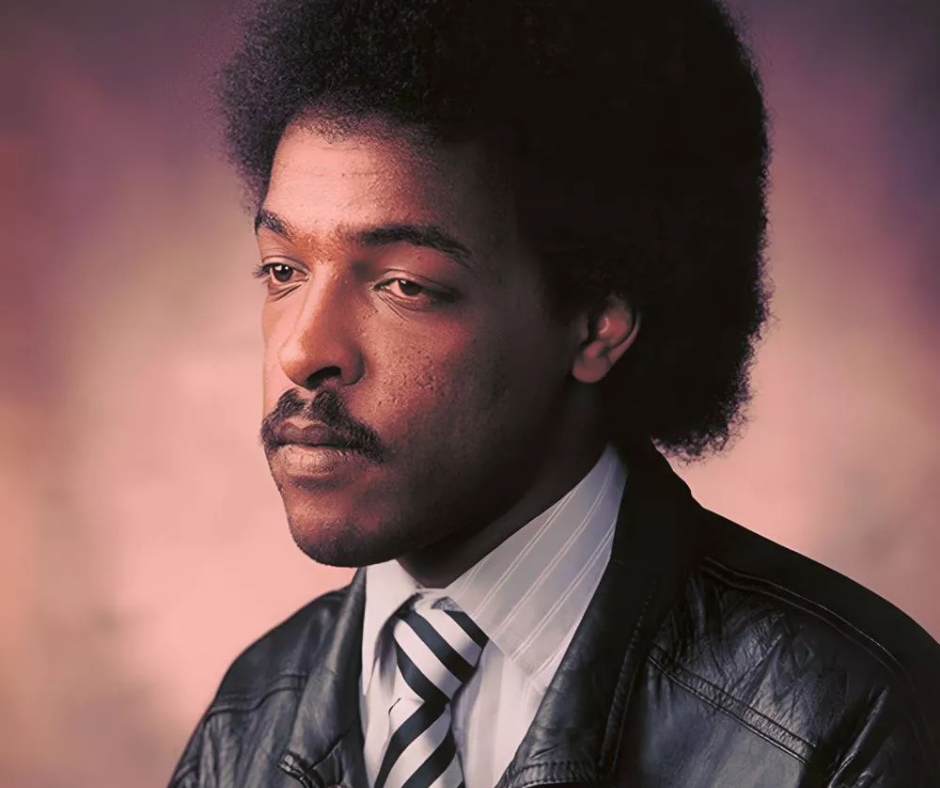
Dawit Isaak and 12 imprisoned Eritrean Journalists
Eritrea
Status: imprisoned
Imprisoned since 2001, these men are the longest-detained journalists in the world.
Learn More
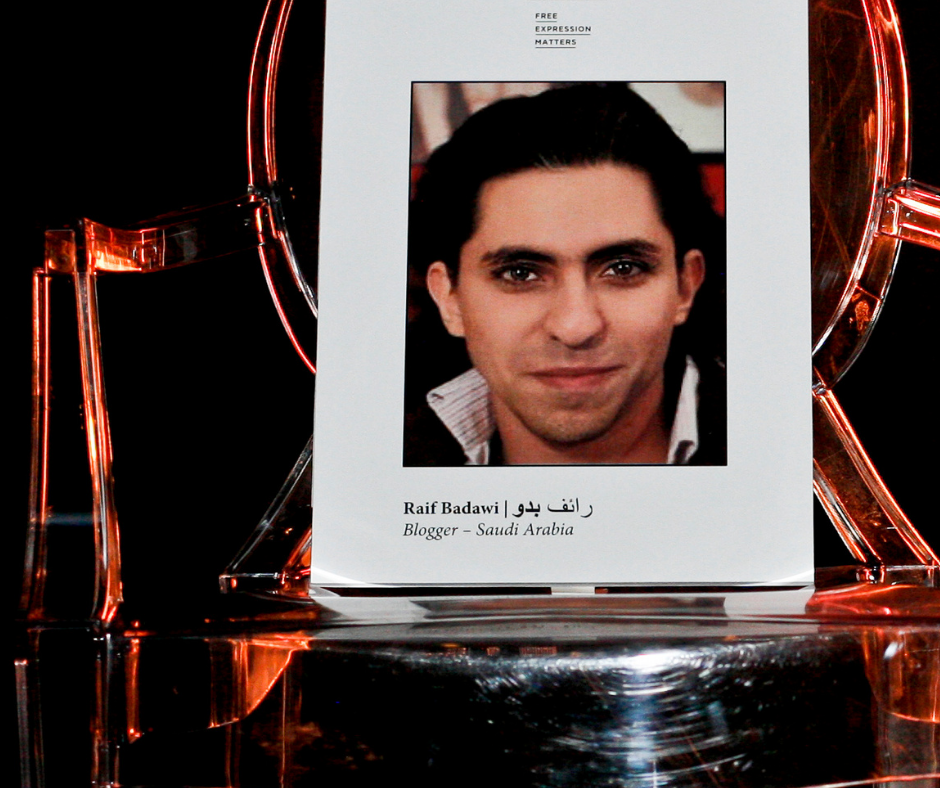
Raif Badawi
Saudi Arabia
Status: conditionally released
A blogger and activist who co-founded and edited the web forum Liberal Saudi Network, an outlet that fostered political and social debate.
Learn More

Narges Mahammadi
Nobel Peace Prize Laureate
Iran
Status: conditionally released on medical grounds
A prominent journalist and human rights defender who has been repeatedly targeted by the Iranian authorities.
Learn More
How we do this work and monitor cases
In July 1960, PEN International established a committee to monitor countries “where writers had been imprisoned because they spoke or wrote their minds.” Today the committee monitors hundreds of bloggers, editors, journalists, playwrights, poets, publishers, screenwriters and translators who have been threatened, attacked, detained, tortured or killed for expressing the truth as they see it.
These writers have been persecuted and, in many countries, imprisoned and tortured for peaceful dissent. Our centre works with other organizations on behalf of imperiled writers to secure pathways to freedom and safety, including as a recommending partner to the Canadian Ministry of Immigration, Refugees, and Citizenship (IRCC) expedited refugee stream for human rights defenders. Since 2019, PEN Canada has referred several cases to the new stream, including using it to facilitate the relocation of an imperiled Iranian blogger to safety in Canada.
Role of the Writers in Prison Committee and the Writers in Peril Committee
For more than 25 years, PEN Canada’s WiPC has defended the right to freedom of expression for such iconic figures as Salman Rushdie, Anna Politkovskaya, and Ken Saro-Wiwa. It has also taken on the cases of scores of lesser-known writers.
The committee circulates petitions, organizes letter-writing campaigns and undertakes advocacy on behalf of our Centre’s Honorary Members, urging governments to respect the universal right to freedom of expression set out in Article 19 of the Universal Declaration of Human Rights.
The WiPC does not work on behalf of prisoners who have used or advocated violence or hatred.
Learn about our committees.Past Cases
Every year, PEN Canada ‘adopts’ an Honorary Member, based on such factors as urgency, gender and geographic balance, and the potential influence Canadian institutions can exert on the country involved. Over its lifetime, PEN Canada has ‘adopted’ over 130 Honorary Members, each a victim of a repressive government.
Those that were freed, released or are deceased are considered our past cases.

